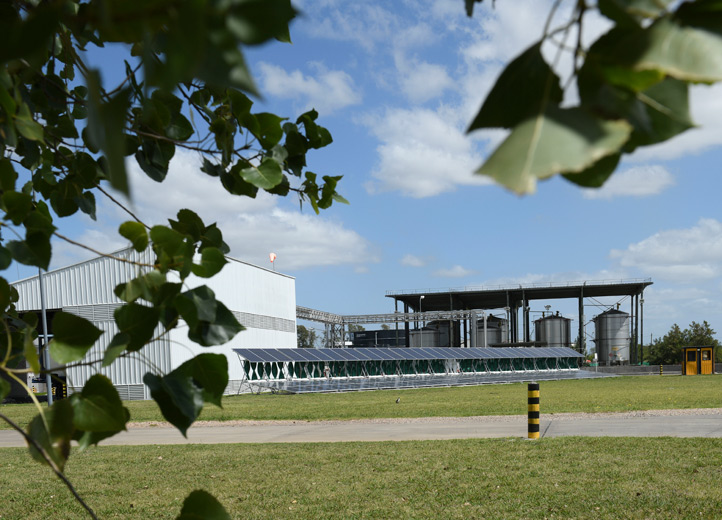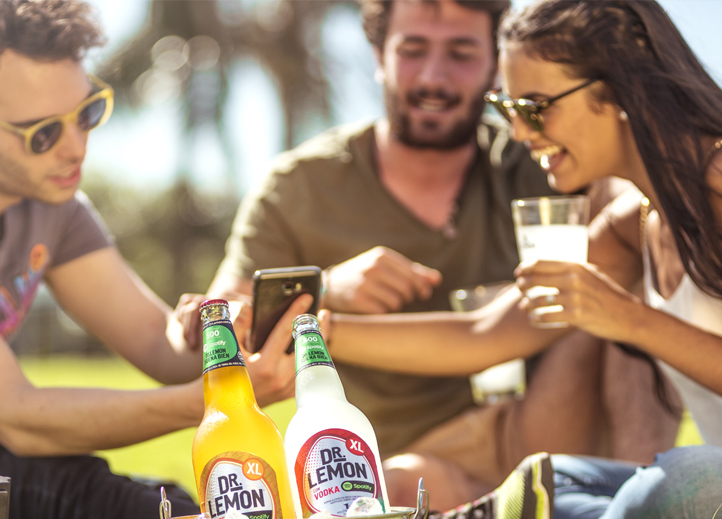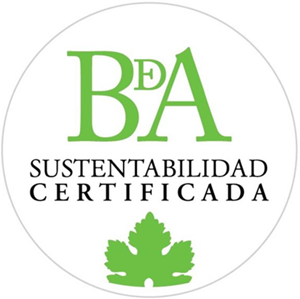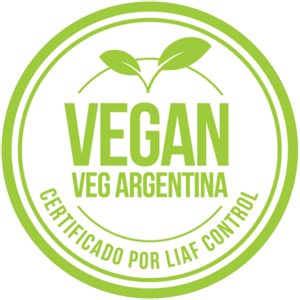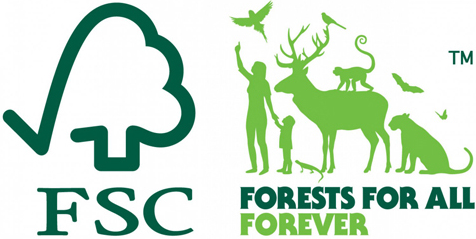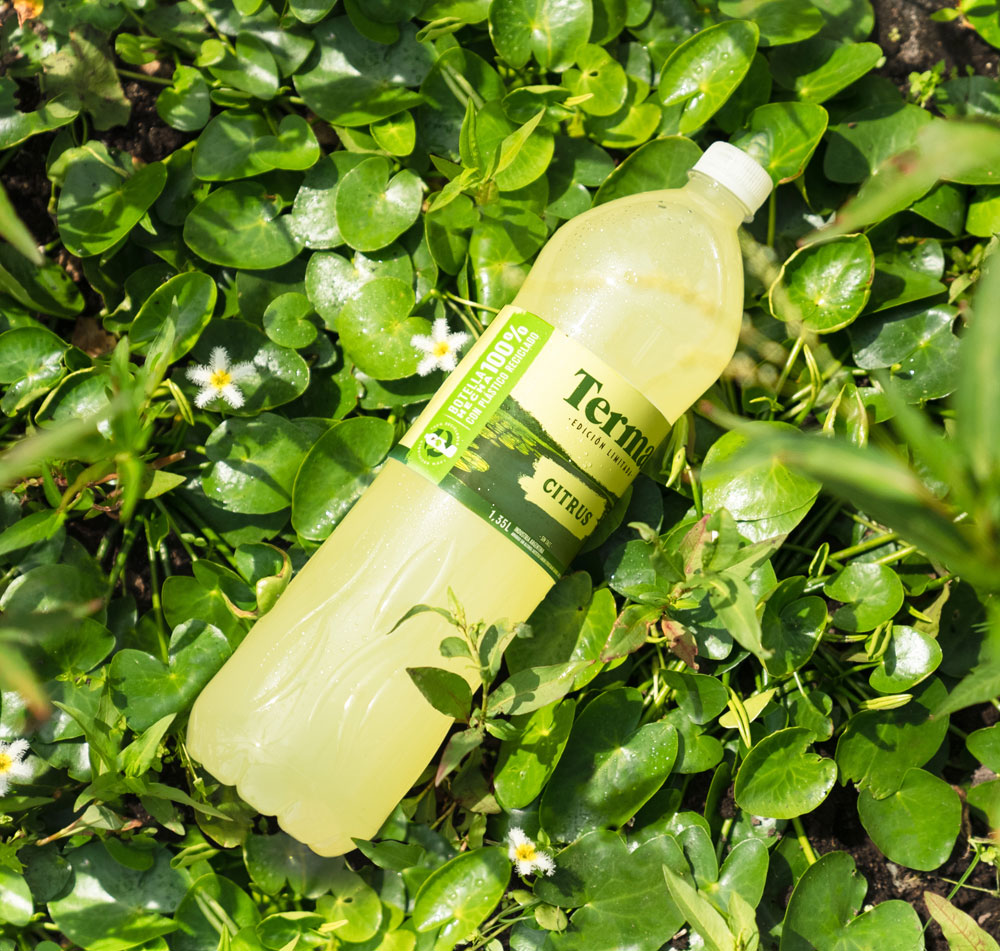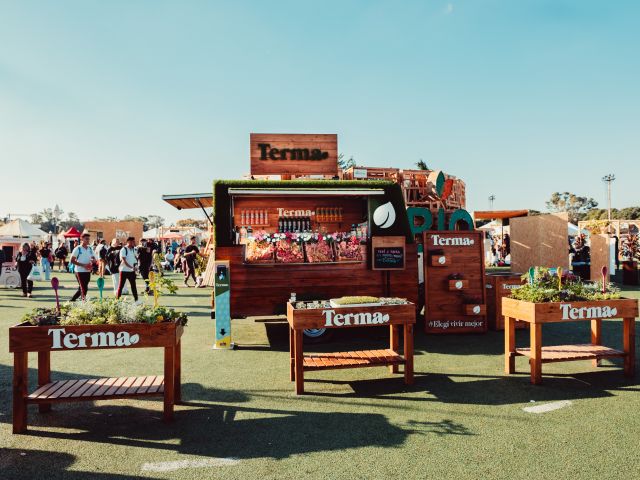Contact

info@grupocepas.com
Headquarters - Argentina
(Edificio de la República, Tucumán 1, San Nicolás – Ciudad Autónoma de Buenos Aires)
Administrative offices
Offices - Uruguay
(Eduardo Pondal 782 – Montevideo)
Administrative offices and distribution center.
Production Facilities - Chile
(Ureta Cox 595 - San Miguel - Santiago de Chile)
Production of beverages, distribution center.
Production Facilities - Mendoza
(San Isidro Esq. Isaac Estrella - Rivadavia, Provincia de Mendoza)
Production of concentrated grape juice, wines, sparkling wines.
Certificates: FSSC22000: (V5.0, ISO 45001, Sustainable winery in accordance with Argentinean Wineries Protocol. Organic, Vegan or Halal-Certified product line.
Production Facilities - Burzaco
(Arduín Darío Barbieri 2650 – Burzaco, Provincia de Buenos Aires)
Production of beverages, distribution center.
Certificates: FSSC 22000:V5.1. FDA exporters permit, Vegan, gluten-free, Kosher product line.
